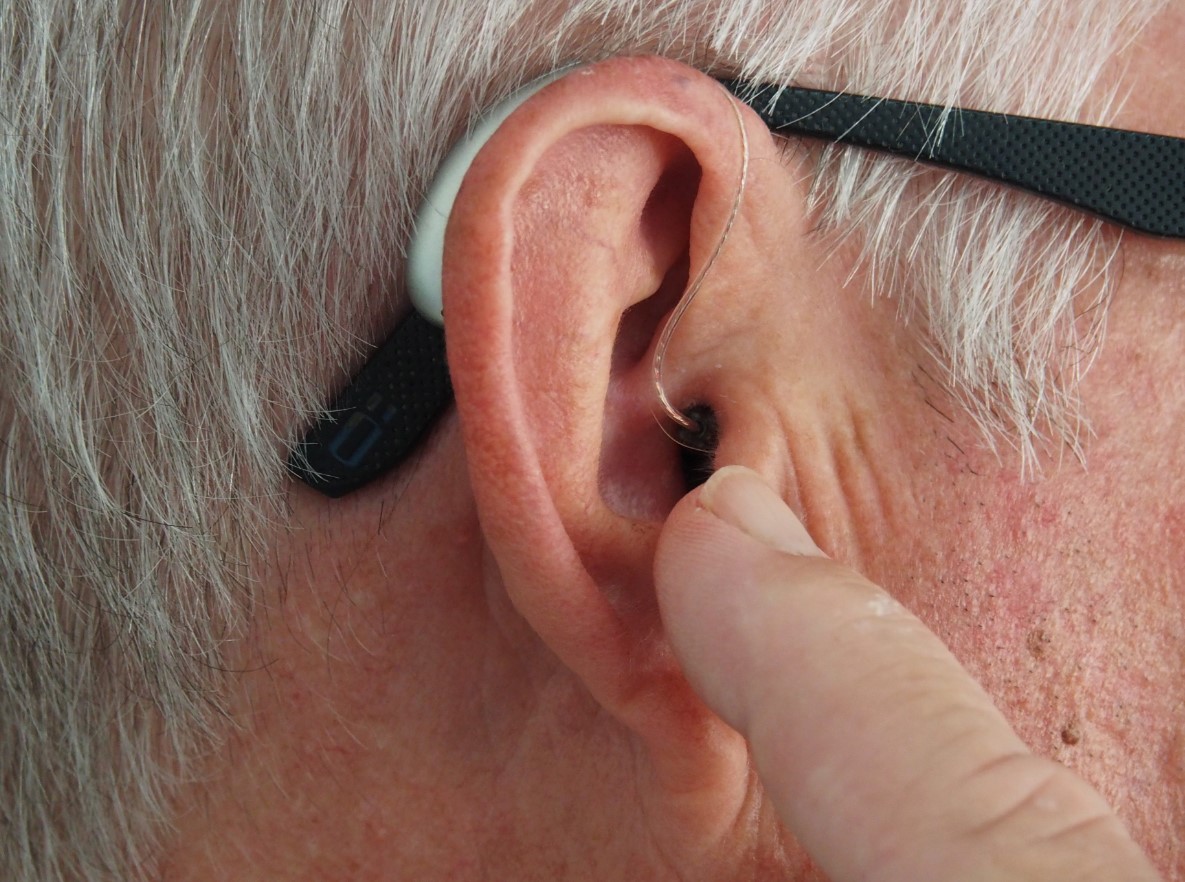Tepezza is a medication that has gained popularity recently as a treatment for thyroid eye disease, which can cause bulging eyes, double vision, and other eye-related symptoms. While it effectively treats this condition, there have been reports of hearing loss in some patients who have taken the medication.
As a patient considering Tepezza as a treatment option, it is crucial to understand the potential risks of this medication and how to minimize them. This article will discuss what patients should know about the medication and its risk of hearing loss.
Understanding Tepezza Treatment
Tepezza is a prescription medication administered through intravenous (IV) infusion. It contains the active ingredient Teprotumumab, which targets a specific protein in the body associated with the inflammation and tissue expansion that occurs in thyroid eye disease. The treatment involves a series of infusions typically given every three weeks.
It should be emphasized that Tepezza is not suitable for everyone. Specifically, individuals who are pregnant or breastfeeding, as well as those with a medical history that includes certain conditions like inflammatory bowel disease, should refrain from taking it.
However, according to the American Academy of Ophthalmology, Tepezza (teprotumumab) has received approval from the U.S. Food and Drug Administration (FDA) for thyroid eye disease. This disorder is caused by a relatively rare immune system dysfunction, affecting approximately 19 out of every 100,000 individuals each year.
But teprotumumab may interact with certain medications, so patients should inform their doctor of all their medications.
Tepezza and Hearing Loss
While it is effective in treating thyroid eye disease, there have been reports of hearing loss in some patients who have taken the medication. The exact mechanism behind this side effect is not yet fully understood, but it is believed to be related to Tepezza as it affects the immune system in the body.
According to the prescribing information, hearing loss occurred in some patients who received the medication in clinical trials. A recent study published by the National Institute of Health found that among patients with thyroid eye disease who received Tepezza treatment, 10% experienced hearing loss.
However, most patients experienced partial or complete hearing loss recovery within a few months after discontinuing the medication.
It is important for patients considering the treatment to discuss the potential risks and benefits of the medication with their doctor, including the risk of hearing loss. Close monitoring and prompt medical attention can help minimize the risk of complications associated with the treatment.
Filing a Lawsuit Against Tepezza Manufacturers for Your Hearing Loss
In the event that you have encountered hearing impairment subsequent to using Tepezza, you might be qualified to initiate legal action against the makers of the medication. A legal claim regarding Tepezza could seek financial recompense for losses like medical bills, lost income, and the physical and emotional distress associated with hearing loss.
It should be noted that pursuing legal action can be intricate, so it is advisable to obtain the services of a knowledgeable attorney who specializes in pharmaceutical litigation.
According to TorHoermanLaw, LLC, patients who suffer from Tepezza-related injuries may have a basis for a Tepezza lawsuit, including partial or permanent hearing loss, Tinnitus, Patulous Eustachian Tube Dysfunction, and sensorineural hearing loss.
Should you decide to proceed with a lawsuit, your legal counsel will assist you throughout the entire legal process. This will entail initiating the lawsuit, accumulating evidence, engaging in settlement negotiations, and providing representation in court if required.
A successful lawsuit can help you obtain the compensation you deserve and hold the manufacturers accountable for any harm caused by their product.
Risks and Benefits of Tepezza Treatment
This treatment’s primary benefit is improving symptoms associated with thyroid eye diseases, such as bulging eyes and double vision. It is effective in clinical trials and has been approved by the Food and Drug Administration for treating thyroid eye disease. However, as previously mentioned, the treatment also carries some potential risks, including hearing loss.
According to Drug Injury Watch, there have been a growing number of reports from healthcare professionals and patients concerning the potential for hearing side effects associated with this medication. Apart from hearing loss, patients also experienced sound or noise sensitivity, ringing in the ears, and unusually loud hearing.
Close monitoring during treatment and prompt reporting of any side effects can help minimize the risk of complications associated with the treatment.
What to Watch for When on Tepezza Treatment
Patients undergoing Tepezza treatment for thyroid eye disease should be aware of the potential side effects associated with this medication. Some common side effects include muscle pain, nausea, fatigue, and diarrhea. However, the risk of hearing loss is a more serious concern that patients should be particularly vigilant about.
If you experience any changes in your hearing, such as ringing in the ears, dizziness, or difficulty hearing, it is important to contact your healthcare provider immediately. Other symptoms to watch for include ear pain or discharge, as these may be signs of an infection or other complications.
It is also necessary to monitor your blood pressure and heart rate closely while undergoing treatment, as this medication may affect cardiovascular function.
What Patients Should Do if They Experience Hearing Loss
Your healthcare provider may recommend discontinuing the treatment and will likely refer you to an ear, nose, and throat specialist for further evaluation.
It is important to report any symptoms of hearing loss, such as ringing in the ears, dizziness, or difficulty hearing, as soon as possible. Early intervention may help minimize the severity and duration of hearing loss.
Your healthcare provider may recommend additional tests, such as a hearing test or imaging studies, to evaluate the extent of your hearing loss and determine the best course of treatment. Depending on the severity of your hearing loss, treatment may include medications, hearing aids, or other interventions.
To Wrap it Up
While the risk of hearing loss associated with the treatment is a concern, it is important to note that this medication has also been shown to provide significant benefits for patients with thyroid eye disease.
In addition, by working closely with their healthcare providers and following recommended monitoring protocols, patients can help minimize the risk of complications and achieve the best possible outcomes from Tepezza treatment.
Suppose you are considering the treatment or are currently undergoing treatment. In that case, it is important to thoroughly discuss this medication’s potential risks and benefits with your healthcare provider. By being informed and proactive in your healthcare, you can make the best decisions for your health and well-being.

